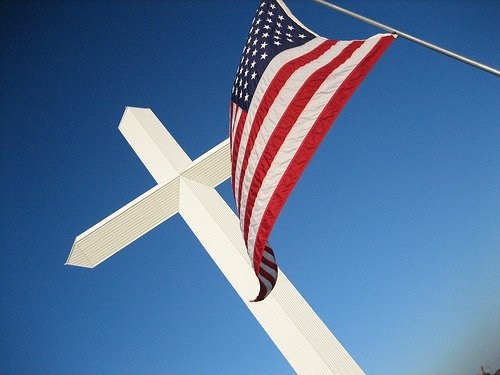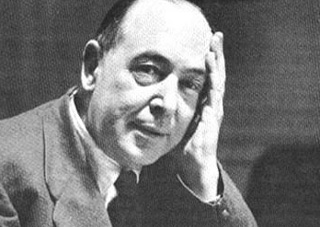This weekend marks the celebration of American independence, declared in 1776. I’m an American. I’m a historian. I’ve taught American history at the university level for more than thirty years and am thoroughly acquainted with each period of that history. My constant research into that history has given me a deep appreciation for what was established in this nation. The American Experiment, as it has been called, set up a government through the Constitution that gave priority to the rule of law rather than the whims of whatever individual happened to be in the presidency or whichever political party controlled the Congress. Therefore, I respect what America’s Founders did.
Further, there is substantial evidence that America at the time of its founding consisted of a citizenry that held a consensus on the matter of religious belief: there is a God who gives men their life and their liberty; all are accountable to this God; human laws need to have divine grounding in order to be legitimate; there is an afterlife in which all will be judged. Many of the leaders in culture and politics were either Christian or held a Biblical worldview in general.
So I have many reasons to celebrate what has been accomplished in this nation. We are now, though, very divided. Some practically make the nation into an idol, while others condemn it as hypocritical. What is patriotism? How should we carry out proper patriotism? When does it go wrong?
It may seem strange that I would turn to C. S. Lewis for insight on this, given that he wasn’t an American (and was a citizen of the country that tried to stop independence). Yet his discussion of love of country and patriotism in The Four Loves applies across the board.
Lewis doesn’t condemn love of country but he does offer the caution that one can cross a line: “We all know now that this love becomes a demon when it becomes a god.” Of course, making anything into a god replaces the one true God. We can do that with our “love” of country. It’s actually no longer real love but idol worship if we cross the line.
Lewis continues, “Some begin to suspect that it is never anything but a demon.” Perhaps those are the ones who can’t find anything good in their nation. But what does one lose when one takes that attitude? “But then they have to reject half the high poetry and half the heroic action our race has achieved.” He further links it to Scripture: “We cannot keep even Christ’s lament over Jerusalem. He too exhibits love for His country.” After all, God chose a nation, Israel, to be His people through which He would bless the world.
Turning to the rulers in a country, Lewis notes,
Demoniac patriotism in their subjects—I write only for subjects—will make it easier for them to act wickedly; healthy patriotism may make it harder: when they are wicked they may by propaganda encourage a demoniac condition of our sentiments in order to secure our acquiescence in their wickedness. If they are good, they could do the opposite.
That is one reason why we private persons should keep a wary eye on the health or disease of our own love for our country.
“Demoniac patriotism” is strong language on Lewis’s part. Sadly, it rears its ugly head far too often and tries to claim that it is the true patriotism. When one is “sold out” to one’s country (above that of the kingdom of God), one can find an excuse for whatever an evil ruler wants to do, and as Lewis says, that then makes it easier for that ruler to act wickedly. He has the support of demoniac patriotism behind him.
That is why Lewis warns us to monitor our love of country. Are we keeping that love within its proper boundaries or are we allowing it to lead us away from what God would want us to be? Are we showcasing healthy love of country or have we put it on a pedestal where it is practically worshiped?
Christians, in particular, need to be cautious in this area. Our lives are a testimony to the truth of the faith. What are others seeing in our lives? Does it testify first and foremost of that faith?
So, as those of us who are Americans reflect on the nation we live in and appreciate all that is good in it, let’s keep in mind that this is not our permanent home.
Beloved, I urge you, as foreigners and exiles, to abstain from the desires of the flesh, which war against your soul.
1 Peter 2:11
All these people died in faith, without having received the things they were promised. However, they saw them and welcomed them from afar. And they acknowledged that they were strangers and exiles on the earth.
Hebrews 11:13
The early Christians didn’t need much of a reminder that they were not primarily citizens of an earthly nation. We need more reminders of that truth because we have become so wedded to this world. As Lewis wrote in his superb “The Weight of Glory” essay, “You and I have need of the strongest spell that can be found to wake us from the evil enchantment of worldliness. … Almost all our modern philosophies have been devised to convince us that the good of man is to be found on this earth.”
No earthly government and no nation will ever be perfect; some are downright evil through and through. We set our sights higher. We know the ultimate good is found in the presence of the Lord.



